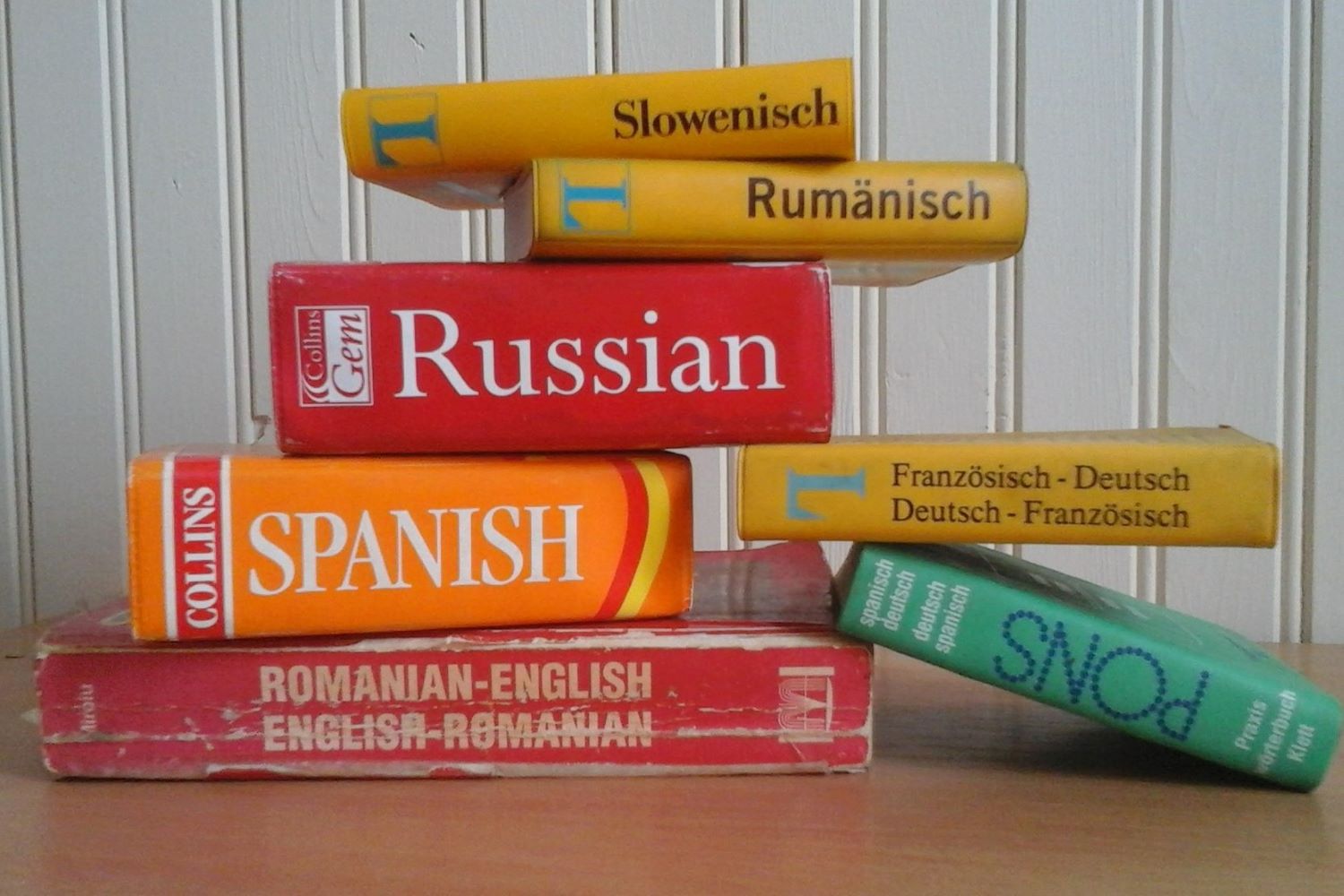Translation

Translation is the communication of meaning from a source text into a target text. Translating languages into one another is not straightforward, as languages often have differing systems of grammar and meaning. Translators have an excellent understanding of the languages they work in, but they also need a strong familiarity with the subject matter they are translating. The cultural and historical context a text is produced in affects the meaning of the text, so translators research these contexts and critically evaluate how to represent them in their translation. All texts are ambiguous in some way, as language does not communicate all the possible associations of each word or phrase, so translators must also employ close reading to consider how to represent ambiguity and associative meaning. Many translators, particularly translators of literature, see themselves as artists, as translation requires a creative transformation of a text. No translation can be completely literal, so the choices translators make can be understood as making texts anew.
In any translation, there is a tension between the fidelity of the text, and the transparency of the text. Fidelity is the accurate rendering of meaning from a source text into a target text and may produce a more literal translation. Transparency is the extent to which a text appears to a native speaker to have been originally written in that language. These two features are not always mutually exclusive but demonstrate the need for translators to make conscious decisions about the way in which they translate. These issues are contentious, and scholars of translation studies consider the value and limitations of different approaches to translation.
At Newcastle University, scholars work on the translation of a wide range of texts including works of contemporary poetry, classical literature, environmental science, law, accounting, performance arts, video games, films, accounting and education. Our translation studies faculty researches the cultural position, psychology and education of translators, engaging in a global conversation about how meaning is communicated across languages.
Resources
Bantinaki, K. (2020). The literary translator as author: A philosophical assessment of the idea. Translation Studies, 13(3), 306–317.
Gambier, Y., & Doorslaer, L. van. (2010). Handbook of translation studies. John Benjamins PubCo.
Kuhiwczak, P., & Littau, K. (2007). A Companion to Translation Studies. Multilingual Matters.
Malmkjr, K., & Windle, K. (2011). The Oxford handbook of translation studies. Oxford University Press.
Munday, J. (2016). Introducing translation studies: Theories and applications (Fourth edition..). Routledge.
People
Prof. Neelam Srivastava (Professor of Postcolonial and World Literature)
Dr. Stephanie Holton (Lecturer in Classics)
Dr. Ya-Yun Chen (Lecturer in Chinese Interpreting and Translating)










